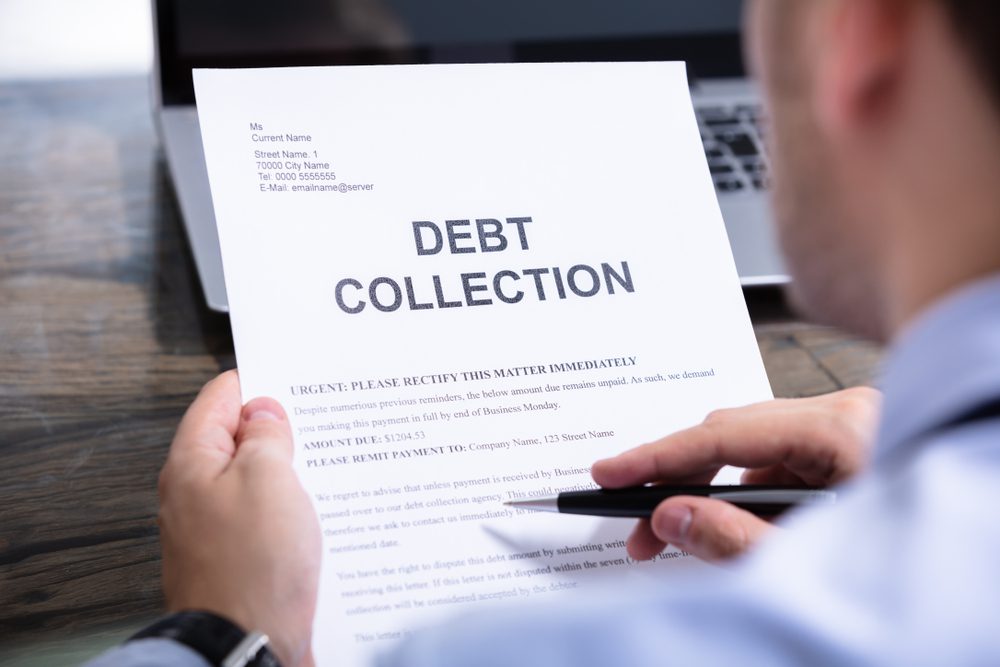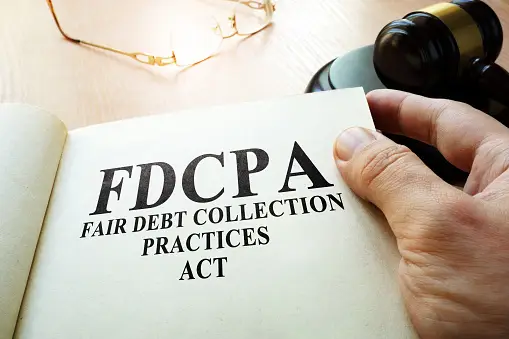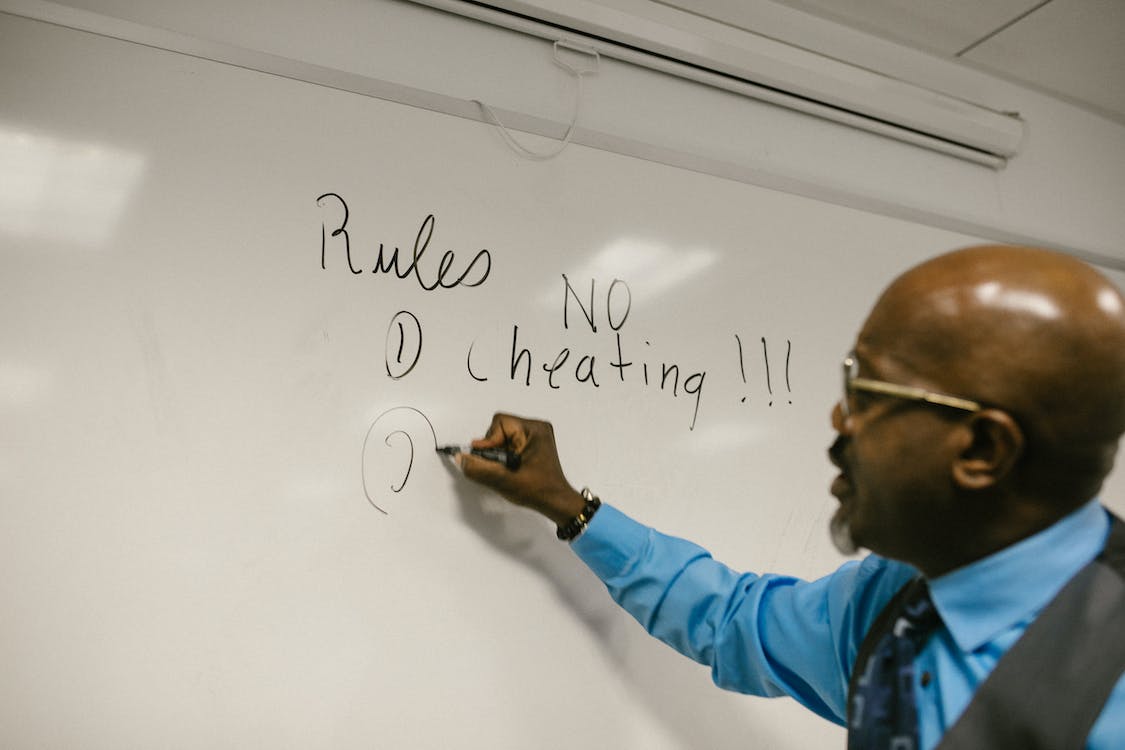Post-pandemic, to say that things have changed across multiple industries would be a serious understatement. The collections agency industry is no exception. In order to ensure debt recovery and proper management of a collections process, organizations must learn all they can about the shifting new environment and adjust appropriately to new laws, regulations, and previously unseen issues.
Like many other companies, debt collectors were forced to shutter their doors or shift to remote operations during the COVID-19 pandemic. State governments stepped in to further limit collection activities during this time. Massachusetts, for example, prohibited collection calls, new lawsuits, income garnishments, and property seizure. Illinois required debt collectors to negotiate reasonable payment arrangements or postpone collection activities for 60 days.
At the federal level, the US Senate consistently debates legislation which would limit debt collection activities during crises like the COVID-19 pandemic. However, debt collection activities continue despite these obstacles. Collection cases have increased during the past decade, with 15% of Americans having been sued by a debt collector. This indicates a shift for debt collectors, who are becoming more dependent on the courts to recover a certain percentage of payments.
The Consumer Financial Protection Bureau (CFPB) maintains guidelines for debt collectors. Debt collection firms may interact through text, email, and social messaging applications, but with restrictions, such as limited calls to 7 times per week and giving consumers more opt-out choices.
As a business owner considering working with a merchant debt collector, it’s more important than ever to choose the right one. Selecting a B2B debt collector that is aware of current challenges, follows all new rules, and maintains a good reputation is essential. Failure to do so may result in legal trouble and harm to your company’s reputation.
In this new post-pandemic landscape, Monetaria Group has emerged as one of the most trusted and dependable collection agencies in the industry. With an emphasis on responsibility, full compliance with the latest rules and regulations, and maintaining an exceptional reputation, Monateria Group strives to obtain the greatest possible results for its clients.
By working with Monetaria Group, you will be aligning yourself with a committed staff of experts that is up to date on industry standards and trends, and can offer the most up-to-date and experienced advice on collections.
We’re happy you found this article informative! Go back to our blog page to find more tips, tricks and guidance on collections, to ensure your business gets paid.
If you have unpaid debts that need to be recovered, commercial debt collection may be a good option for your business. A commercial debt collection agency can help you with the process of recovering past-due accounts and provide guidance on best practices for managing accounts receivable.
Led by a team of experienced commercial debt collection attorneys, Monetaria Group has helped hundreds of businesses recover and collect their outstanding debts and payments. Schedule a FREE consultation with our expert team to see how we can help you recover your money today!








